In the interview with ACN, Archbishop Kaigama also addressed the terrorist attack on a prison located near the international airport in Nigeria’s capital Abuja and said that the attack paints a grim image of Nigeria’s security situation.
In the attack, the terrorists are said to have freed leading Boko Haram members and killing an unknown number of soldiers.
“More worrying was the attack on the troops of the 7 Guards Brigade which provides security for the Presidential Villa and the Federal Capital Territory, ambushed while on patrol”, Archbishop Kaigama says in the ACN August 5 report.
He adds, “Abuja is the capital city, and it should be the safest place to be. This is where the President lives; we didn’t think things could happen in Abuja in this manner. We are not sure what could happen next, when or from where the attackers can come, because they can do anything. The situation is very serious.”
According to the Local Ordinary of Abuja, attacks in Nigeria are organized and do not happen by chance.
(Story continues below)
He says that Nigeria has never experienced what is happening at the moment, and explains, “Some years ago, there were bomb attacks. But there has never been a really serious threat, as we are witnessing now.”
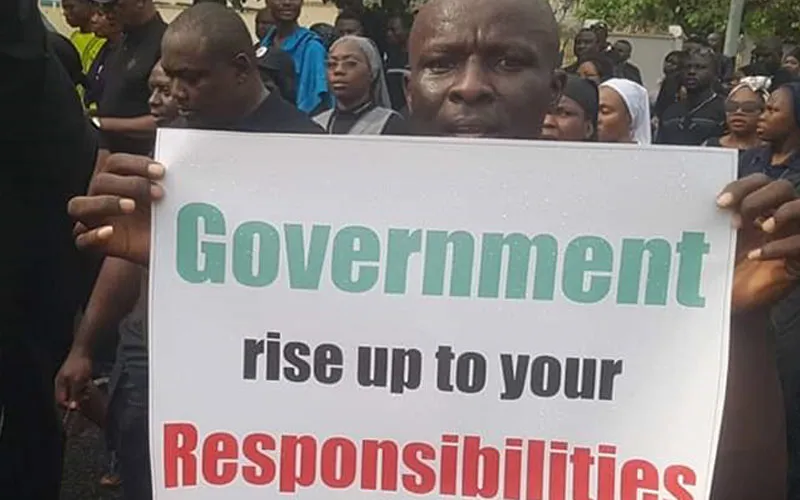 Credit: ACN
Credit: ACN
Fear and frustration are simmering in Nigeria as the country heads to the polls, the Nigerian Archbishop told ACN, adding that the frustration is compounded by the fact that politicians seem unwilling to do anything to remedy the situation.
“One would have thought that as a result of the worsening security situation, senators, and representatives at the National Assembly would be feverishly seeking solutions to the problems, but instead they gave themselves six weeks break. After the attacks they left, just last week!”, the Archbishop who has been at the helm of Abuja Archdiocese since November 2019 explains.
He adds, in reference to the country’s political leaders, “They receive their salaries, their privileges, but they are less concerned about the overall welfare of the people.”
“Since I arrived in Abuja as Archbishop, I have been to nearly every village, but when I mention the names, the politicians or political leaders don’t seem to know them. And you would imagine that they would come and ask you what you found out, where did you go, what did you see? But no. They are not available. They say they are busy. People are suffering, but the leaders simply care more about their personal welfare and official privileges,” Archbishop Kaigama laments.
He expresses hope in the 2023 general elections, saying, “I am hoping this next election will be free, fair and transparent, and will produce leaders who are selfless, people-oriented and capable of genuine dialogue.”
Agnes Aineah is a Kenyan journalist with a background in digital and newspaper reporting. She holds a Master of Arts in Digital Journalism from the Aga Khan University, Graduate School of Media and Communications and a Bachelor's Degree in Linguistics, Media and Communications from Kenya's Moi University. Agnes currently serves as a journalist for ACI Africa.
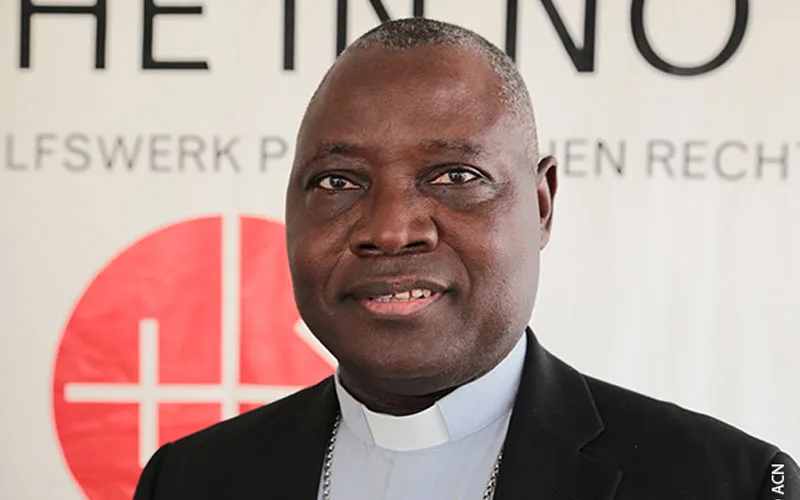 Credit: ACN
Credit: ACN


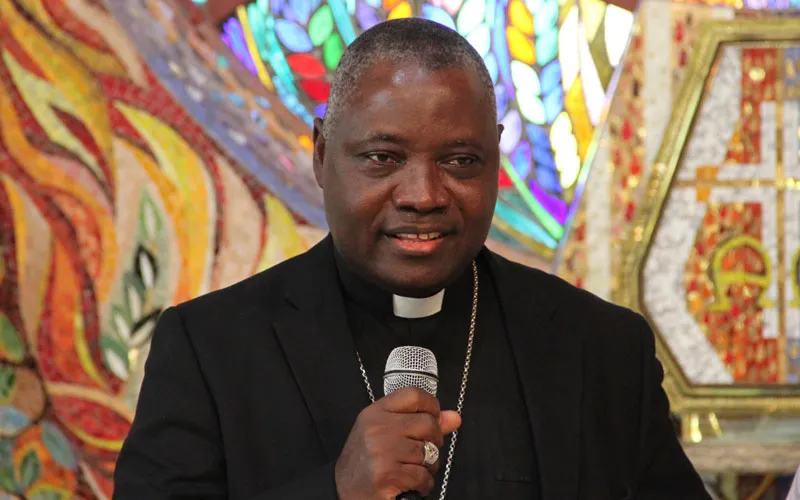
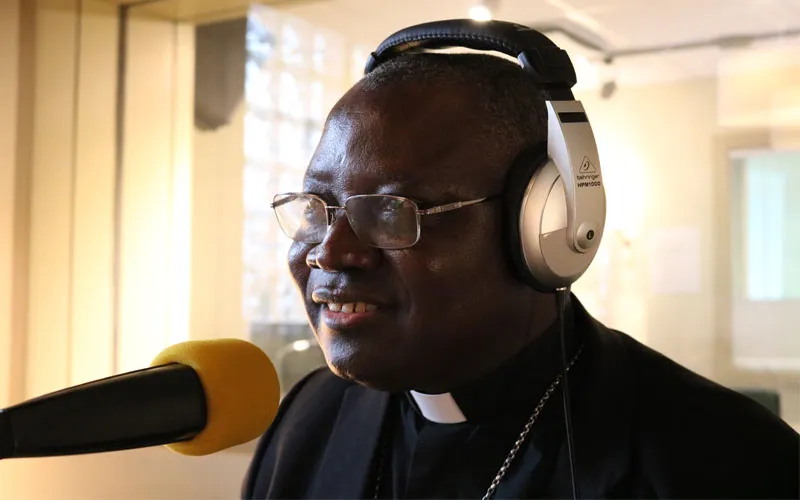 Credit: ACN
Credit: ACN
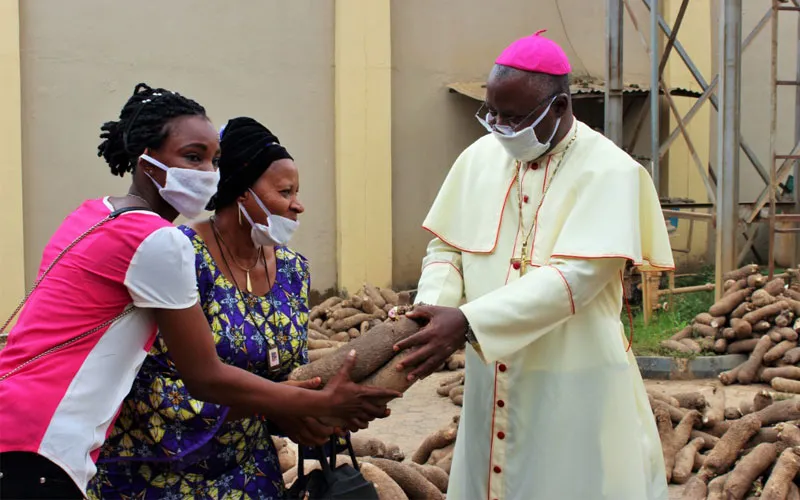 Credit: ACN
Credit: ACN Credit: ACN
Credit: ACN


